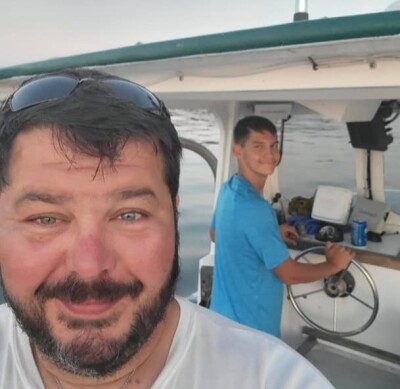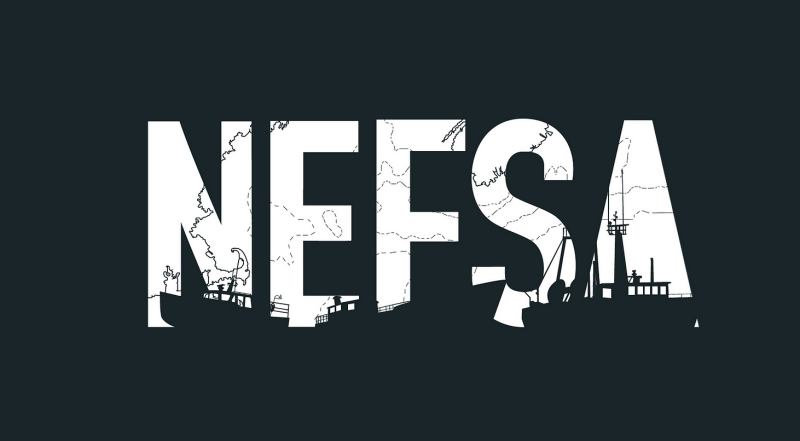A new advocacy group for New England fishermen seeks to “fight against needless regulation and offshore wind development threatening the viability of the American fishing fleet,” organizers say.
The New England Fishermen Stewardship Association (NEFSA), a non-profit, nonpartisan advocacy group, was founded by Jerry Leeman, a longtime New Bedford trawler captain and a resident of Orr’s Island, Maine.
Leeman, now the group’s first executive director, introduced the enterprise to the general public May 2 with op-ed column in the Portland Press Herald.
“No one would accuse New England fishermen of getting along well. For the sake of our livelihoods and the prosperity of our maritime communities, that has to change,” wrote Leeman.
The NEFSA’s inaugural statement that same day outlined its mission.
“NEFSA is the first umbrella organization for New England fishermen. While workers have formed blocs in the past based on the species they pursue or the techniques they use, New England’s fishermen have never banded together to advance their common goals,” the group says. “The NEFSA launch is especially urgent because fishermen have no organized lobby or political presence. They are at the mercy of hostile regulators and lawmakers purporting to represent them.”
Bylaws set out on the group’s website describe its makeup, with a board of directors featuring “a cross-section of stakeholders, including scientists, businessmen, and fishermen of various kinds. The board is nonpartisan, featuring committed Republicans, Democrats, and Independents.”
“The fishing industry is under attack as new regulations and social catastrophes imposed by woke regulators drive fishermen from their waters in droves,” according to the NEFSA statement. “Federal regulators will enforce an 82 percent reduction in haddock landings for commercial fishermen as of May 1, a drastic reduction for a staple seafood product. Moreover, regulators force American fishermen to use nets with a lower yield than their Canadian competitors. As a result, Canadian boats can land more fish, then come to the U.S. to compete in our market.”
The group’s other focus is offshore wind development, from projects now already underway off southern New England to the Bureau of Ocean Energy Management’s nascent planning for floating wind turbines in the deepwater Gulf of Maine. In all those could affect a region of 10 million acres, the group asserts.
“I encourage all people of goodwill – Democrats and Republicans, trawlers and hook boats, workers, and environmentalists – to join with NEFSA to protect our jobs, the onshore workers who depend on us, and the maritime heritage we fishermen have proudly stewarded since the founding of America,” said Leeman.








